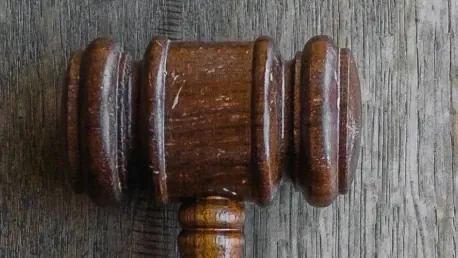
The UK's housing crisis has been escalating for years, marked by skyrocketing property prices, a shortage of new builds, and disturbing rates of homelessness. Many sectors of society are increasingly pressing for government intervention, questioning whether it can effectively untangle the intricate

Green Alliance, a UK environmental think tank and charity, is seeking permission to intervene in a legal case for the first time in its 45-year history. This case concerns the energy efficiency standards for housing and the wider implications of the UK's environmental principles duty post-Brexit.

Saudi Arabia's Tourism Development Fund (TDF) has achieved a significant milestone by obtaining four prestigious ISO certifications, marking a notable advancement in the country's tourism sector. Receiving certifications in risk management (ISO 31000), legal risk management (ISO 31022),

On October 2, 2024, a massive cyberattack struck the Uttarakhand State Data Centre, causing significant disruptions across various government and police services. This event sent shockwaves through the state's administrative functions, highlighting vulnerabilities in critical infrastructure. The

T-Mobile has found itself embroiled in a series of significant regulatory challenges following multiple data breaches that have jeopardized the personal information of millions of its users. Spanning from 2021 to 2023, these incidents have uncovered serious vulnerabilities in the company's

California has taken a pioneering step in artificial intelligence governance with the signing of the Generative Artificial Intelligence Accountability Act, known officially as Senate Bill 896, by Governor Newsom on Sunday. This landmark legislation introduces comprehensive guidelines to regulate